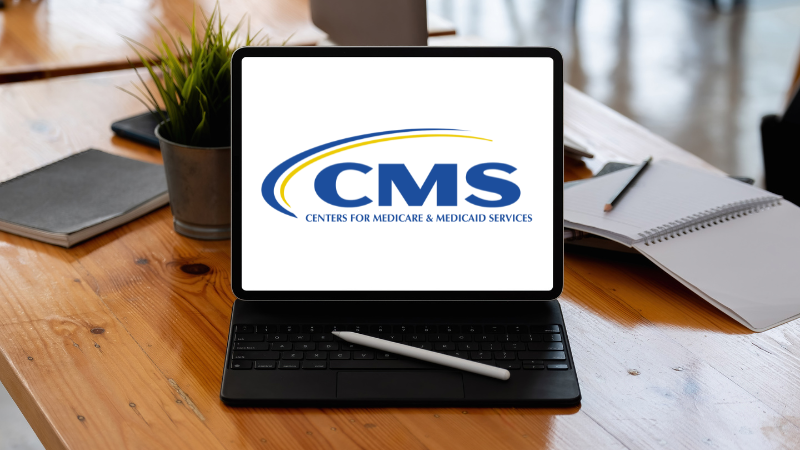July 13, 2023
AMDA has long understood and appreciated the power of the states to influence change and have an impact on policy. In recent years, the State Based Policy & Advocacy (SBPA) Subcommittee has taken up this baton and run with it. They are achieving results and making a difference at an impressive pace. The focus on states was exacerbated during the pandemic. As Subcommittee Chair Christian Bergman, MD, CMD, said, “Throughout COVID, states had to make certain decisions. The federal government left some of these important decisions up to individual states, and this led to a variety of policies, so we saw the momentum of COVID-related tasks and accelerated action at the state level rather than the federal level.”
The subcommittee has attracted an impressive following and engagement of 30-40 members who attend regularly scheduled monthly meetings. Dr. Bergman noted, “The core mission of our group is to educate each other about how to advocate for and promote policy change at the state level.” They have several success stories to date with regulatory/legislative changes regarding certification requirements for and/or registries of medical directors in California with the passage and implementation of AB749, which is now being replicated in other states with a bill pending in Massachusetts. Other states like North Carolina, New York, Pennsylvania, and North Dakota have taken steps to advance initiatives around medical director transparency and training. “People listen to these stories and get inspired. It has built momentum and spurred action,” Dr. Bergman said.
Always busy, the subcommittee has an ambitious list of goals for the coming months. These include partnering with AMDA leadership, other committees, and the State President’s Council on state-based initiatives around policy and advocacy through the development of a special task force; tracking/supporting state initiatives working with public medical director listings; and establishing workgroups to expand the impact of the subcommittee in collecting and processing key policy resources.
Sharing information and best practices in real-time has become the hallmark of the subcommittee. Dr. Bergman noted that its ability was honed to a great degree during the pandemic. “We were learning from each other and sharing what we were doing and quickly and frequently disseminating information,” he said. However, he explained that the group goes outside of its ranks to get insights, updates, and new ideas. For instance, he explained, “We bring in outside speakers for the group to learn from.” They’ve hosted presentations from the American Health Care Association, LeadingAge, and the American Medical Association. Later this summer, they will hear from a congressional legislative aide and current legislator.
Like several AMDA leaders, Dr. Bergman is an alumnus of the Futures Program, and it impacted him. He said, “I saw a whole new world of opportunities to have conversations and network. Before I got involved with AMDA, I didn’t know what I didn’t know.” He enthusiastically supports efforts to bring more young practitioners into the field. “When you come to the Futures Program and the AMDA conference, you meet all these leaders doing great things. We do a good job of welcoming younger people and inspiring them to get involved.”
Dr. Bergman urges AMDA members engaged in advocacy and policy nationwide to join the subcommittee. “We have an entire playbook, whether you’re a beginner or advanced,” he said. However, he stressed, “You won’t accomplish everything in a few months. This is a long game. Start small and build momentum. It doesn’t have to consume your life; you can make a huge difference with only a few email and phone contacts.” For more information, contact AMDA’s Alex Bardakh at abardakh@paltc.org.


